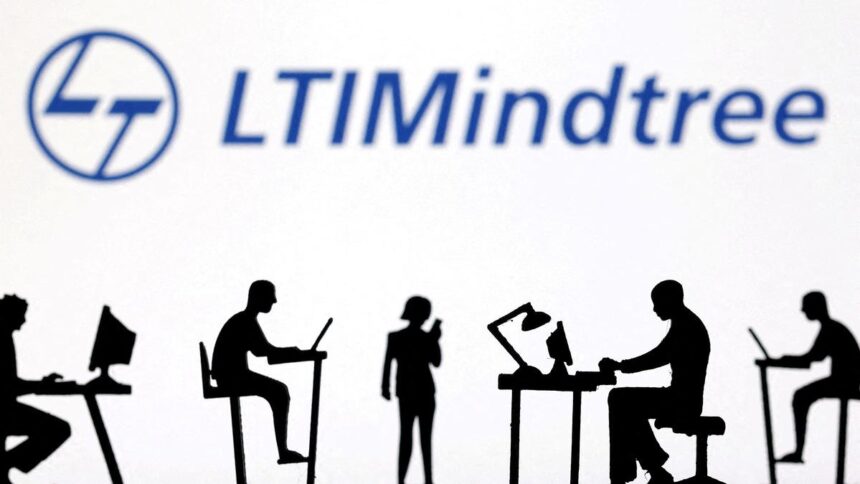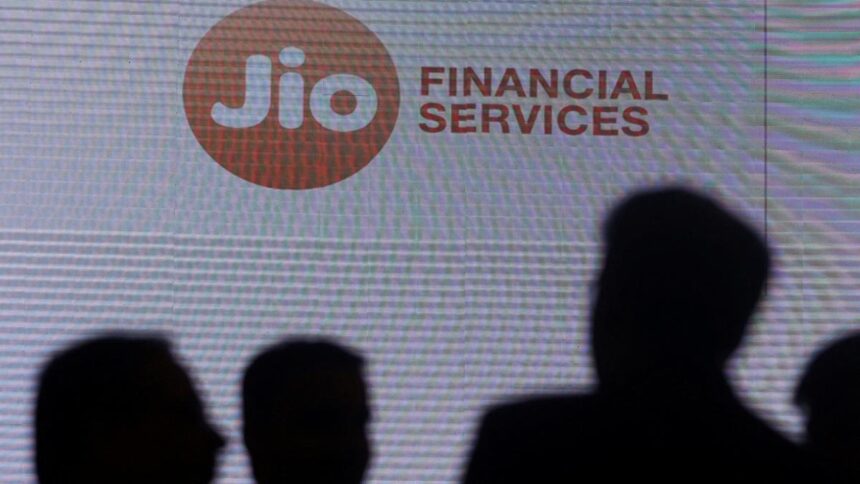OnMobile Global Ltd, whose story began in the year 2000 as a Mobile Value-Added Service technology project at Infosys, founded by Arvind Rao and Mouli Raman, is now focusing on growing it’s mobile gaming business, it’s executive chairman and CEO Francois-Charles Sirois said.
“Honestly, reaching 25 years is a significant milestone. We have not only made it, but we are in a very good position for the future. We are now on our next big journey, which is gaming,” said Mr. Sirois. “I truly believe gaming is the future of mobile entertainment. We have made a big investment in our new cloud gaming platform, ONMO,” he said.
“Gaming is set to become 50% of OnMobile’s revenues in the next 18 months. The rest will be supported by AI-driven media services, streaming, and other services,” he said.
Currently, only 2% of revenues come from India, and the ratio would change with the launch of the company’s upcoming new cloud-based virtual gaming console.
Inspired by Google Stadia’s $5 billion project, which was shut down in 2020 for being too early, OnMobile has partnered with telcos, deployed servers in local data centres and geared up to deliver PlayStation/Xbox-quality games at a fraction of the cost.
Instead of a $500 PlayStation, it is packaging an affordable console that allows access to high-end titles on a pay-per-use basis, as low as 20 cents per hour. “We have a virtual gaming console. It will be a game-changer for markets like India, Africa, and Latin America,” Mr Sirois said.
“PlayStation sold 25 million units a year at $500 each. Imagine how many we can sell at $25. The entry barrier disappears. This is the dream Google had – but we can finally deliver it,” he said. The product is expected to be launched in the coming months.
“We have a billion-dollar endeavour. Mobile gaming is a billion-dollar market. So, in the next five years, we have all the tools in hands to make this happen,” Mr Sirois said.
On the company’s 25-years journey he said, “As an Indian based company in technology, I am quite proud of the whole team. We made it there and honestly we made it there in a good position.”
On the company’s operational model he said, “While many companies shifted towards a direct-to-consumer model, OnMobile stayed focused largely to its B2B roots. This focus on building strong relationships with telecom operators wasn’t just a business choice; it was a foundational philosophy.”
“We have always worked closely with our partners, the telecom operators… We’ve deployed thousands of servers and built a foundation of trust with them,” he added.
“By working as a trusted partner, the company secured its place in the mobile ecosystem, allowing it to adapt and grow alongside the giants of the industry,” he said.
Mr. Sirois invested in the company at a time when mobile phones were predominantly black and white.
He recalled travelling to Japan at that time, chasing the innovation of colour phones – wanting to be the first in Canada to have them.
He said he took OnMobile’s founder Arvind Rao along on that trip which led to the collaboration and marked the beginning of a long journey.
What started as a small initiative has now evolved into a company with global ambitions, riding the First Waves – From Voice to Ring-Back Tones (RBTs).
The early years were about experimenting with voice portals and services powered by speech recognition. But the real breakthrough came with RBTs.
Between 2000 and 2008, RBTs became one of the few mobile services that consistently generated revenue, and OnMobile was at the forefront. Millions of subscribers worldwide adopted the service, making it a core revenue stream.
“If you want to succeed in anything, you have to be ahead of the curve. You can’t catch up if you miss it. With ring-back tones, we were ahead of the curve,” he said.
As smartphones and app stores reshaped the industry, many telcos missed the wave. Google and Apple captured the app economy. OnMobile, however, leaned on its deep partnerships with operators.
Mr. Sirois said, “We always worked closely with telecom operators. We are B2B, not direct-to-consumer. We deploy thousands of servers inside operator networks. That trust, built over 25 years, is our biggest asset.”
“And it has allowed us to continue to evolve. In fact, we started developing Progressive Web Apps (PWA) long before many others because we knew that was the next wave after app stores,” he added.
This approach provided OnMobile with both scale and resilience, enabling long-term relationships with operators across over 50 to 60 markets.
By 2018–2019, it saw where the money was going: 62% of app store revenues came from gaming. But emerging markets faced barriers such as low-end devices, limited storage, and patchy bandwidth.
The company launched its HTML5 based mobile gaming platform, Challenges Arena, in 2021-22. It uses the Progressive Web App tech, so it is a browser-based catalogue of lightweight casual games that run on any device without app store friction.
This was followed by ONMO, a social cloud gaming platform launched in 2022–23. Players can jump into these moments, stream the segment, and even participate in hosted tournaments, he added.
Today the company has a gaming subscriber base of 12.04 million as on Q1, targeting revenue of $2 million per month by year-end and aiming for partnerships with over 125 operators across 69 countries.
“The company didn’t just survive; it thrived and is in a strong position for what lies ahead,” the Chairman concluded.























